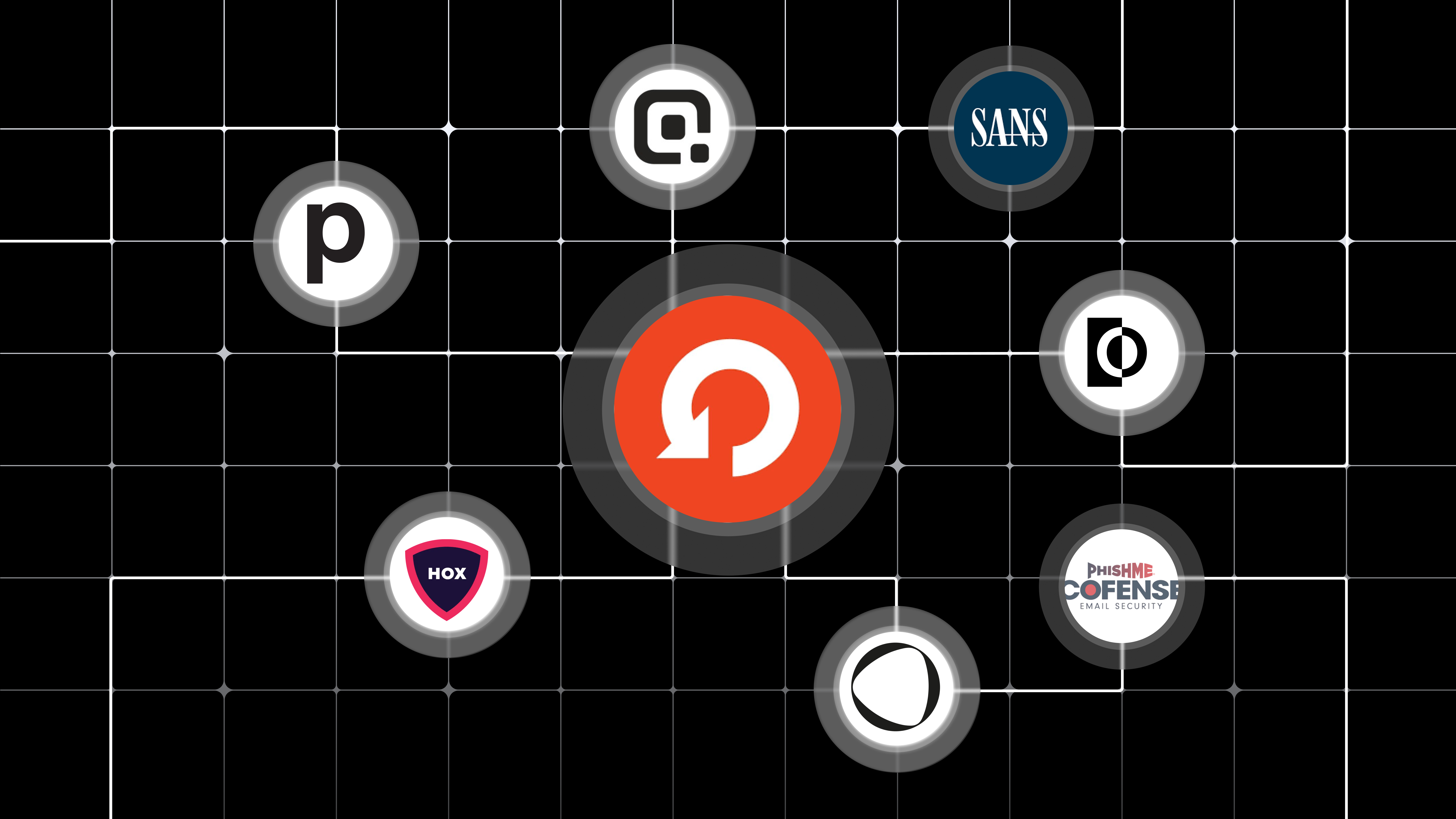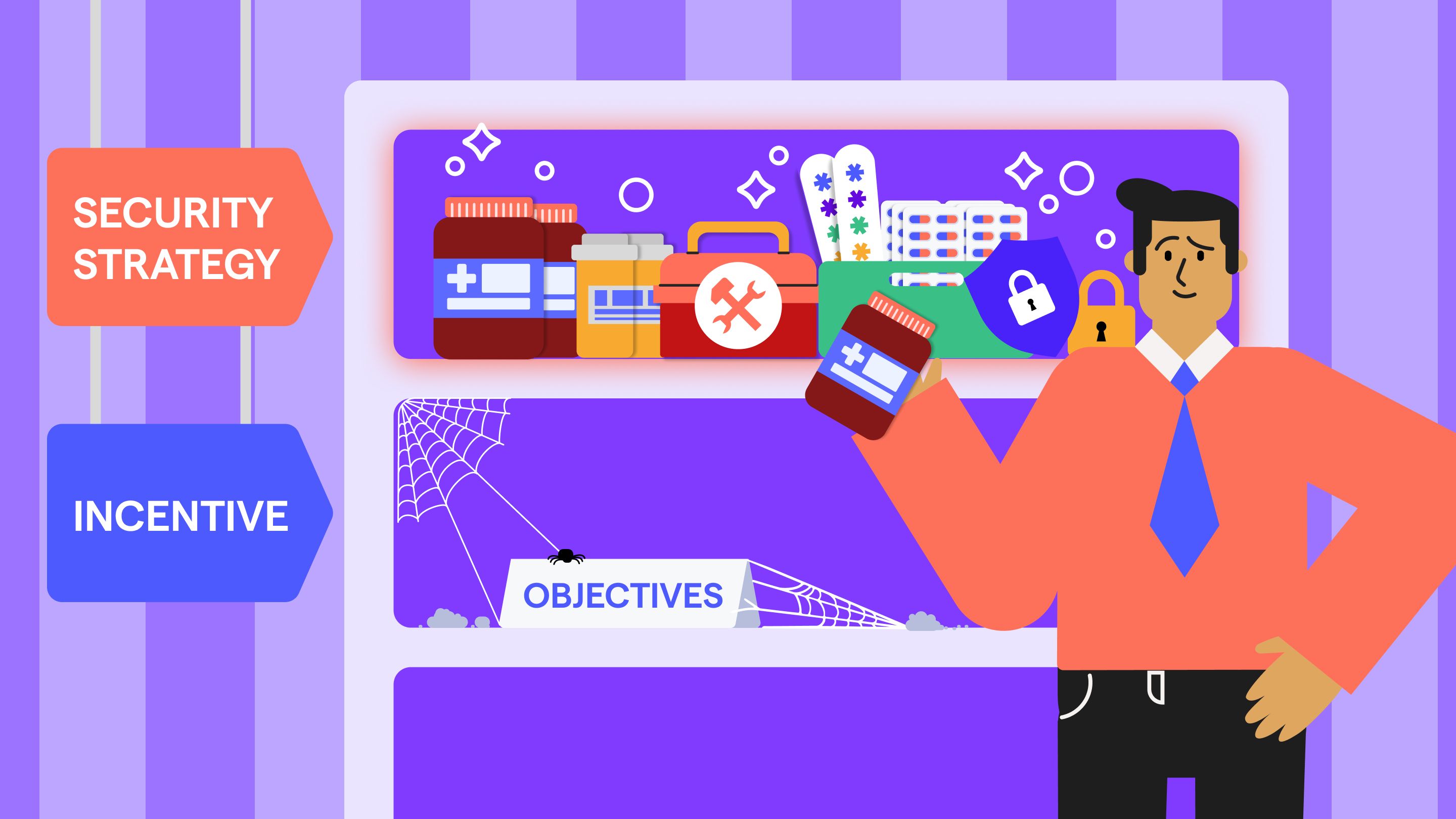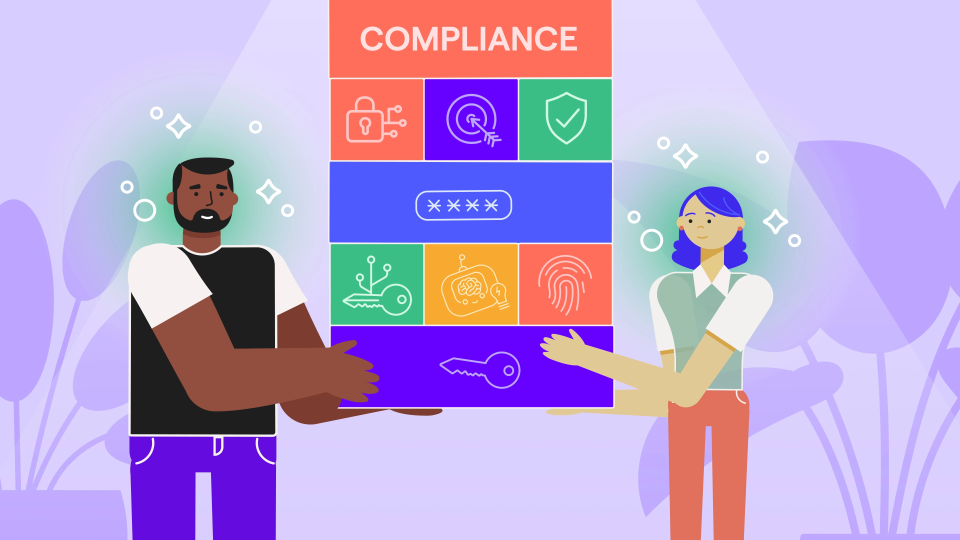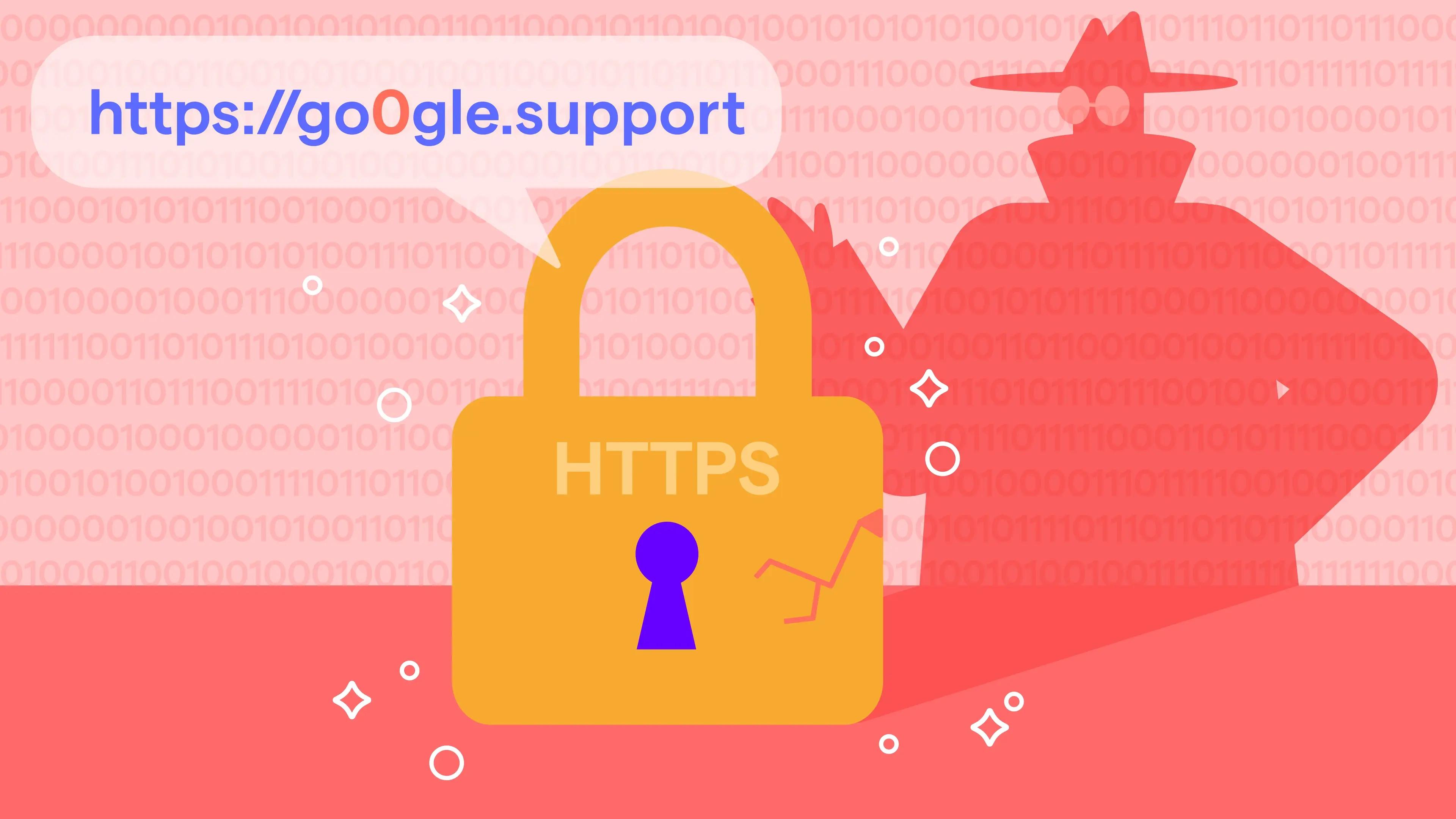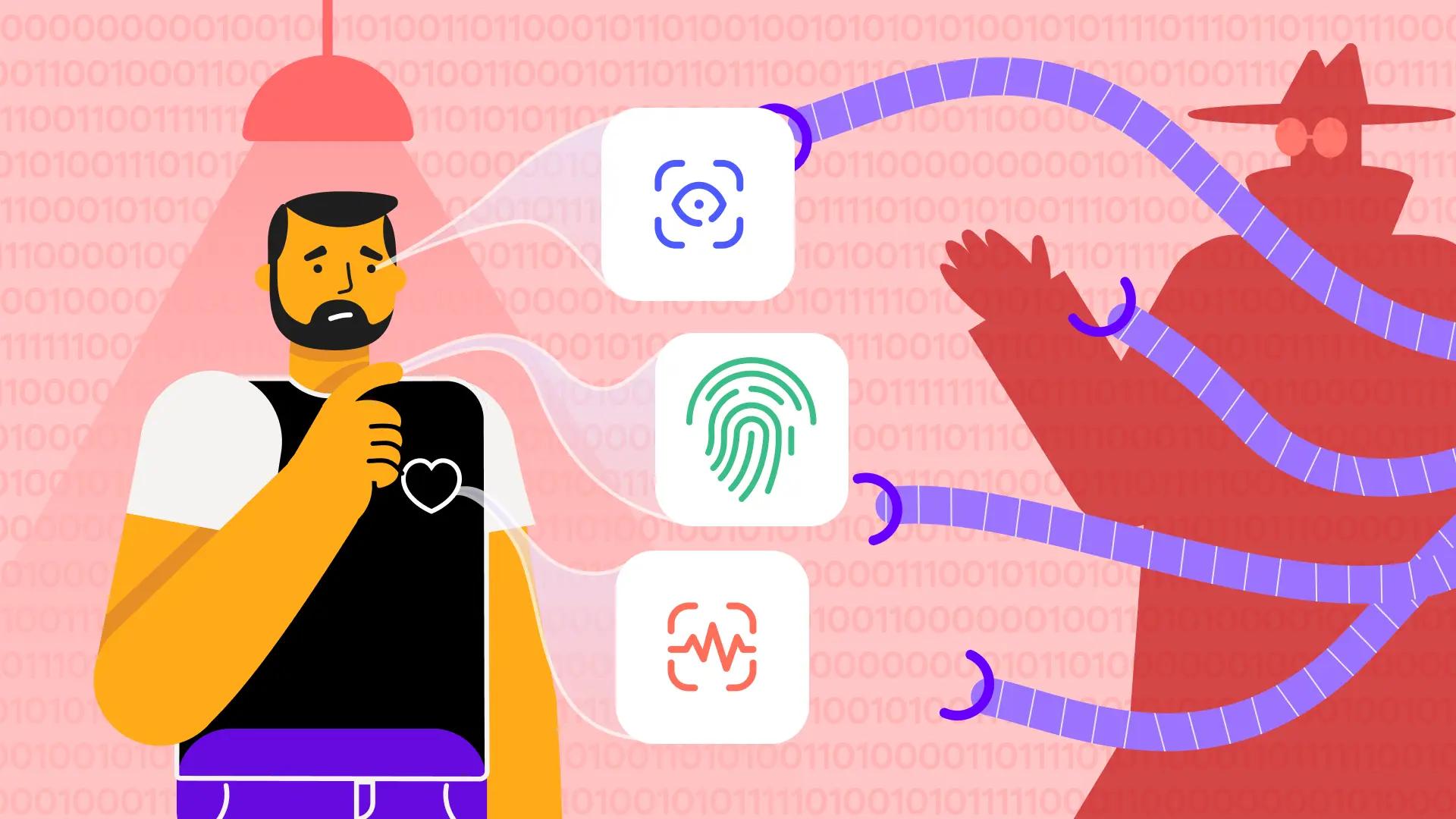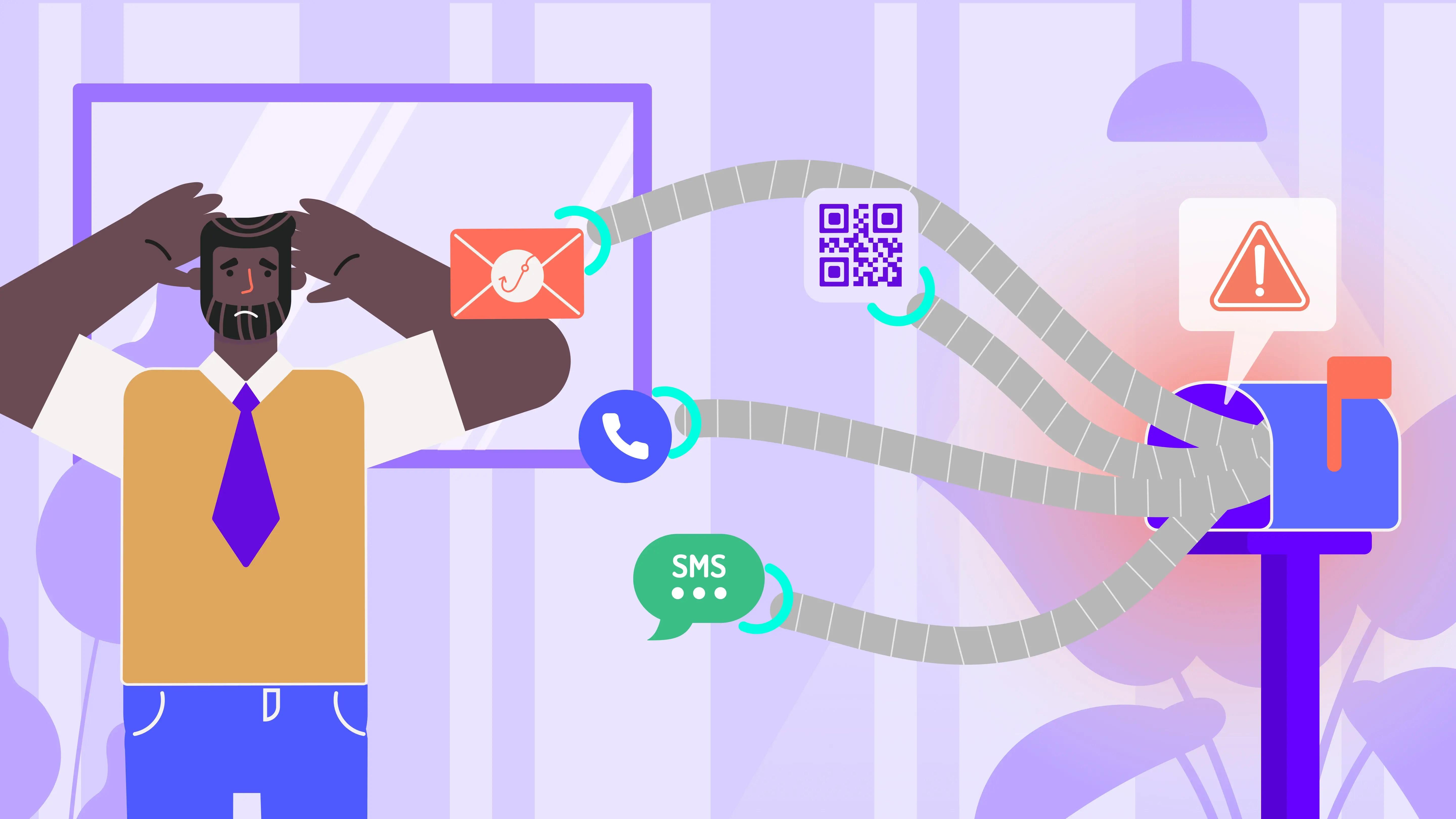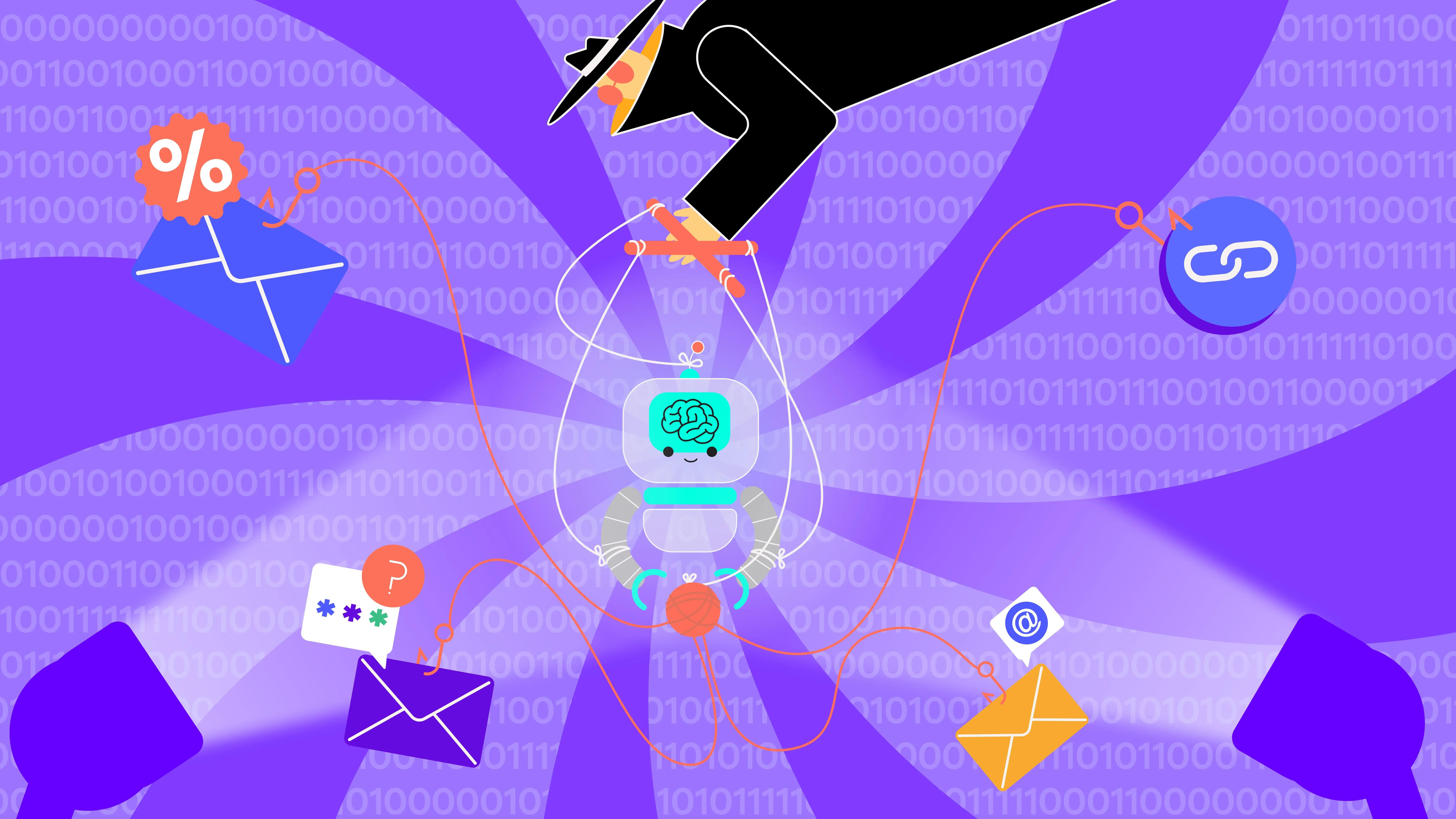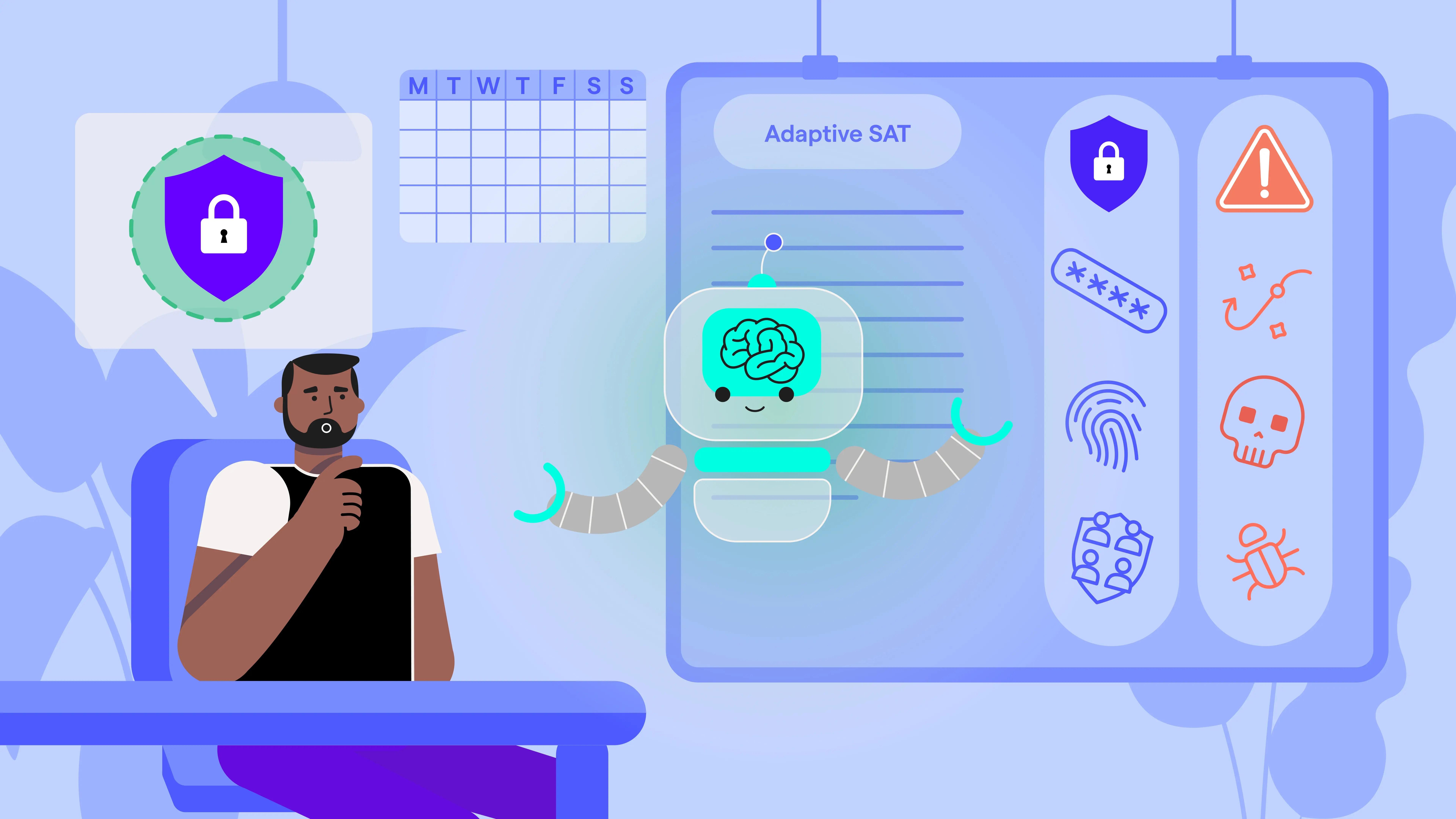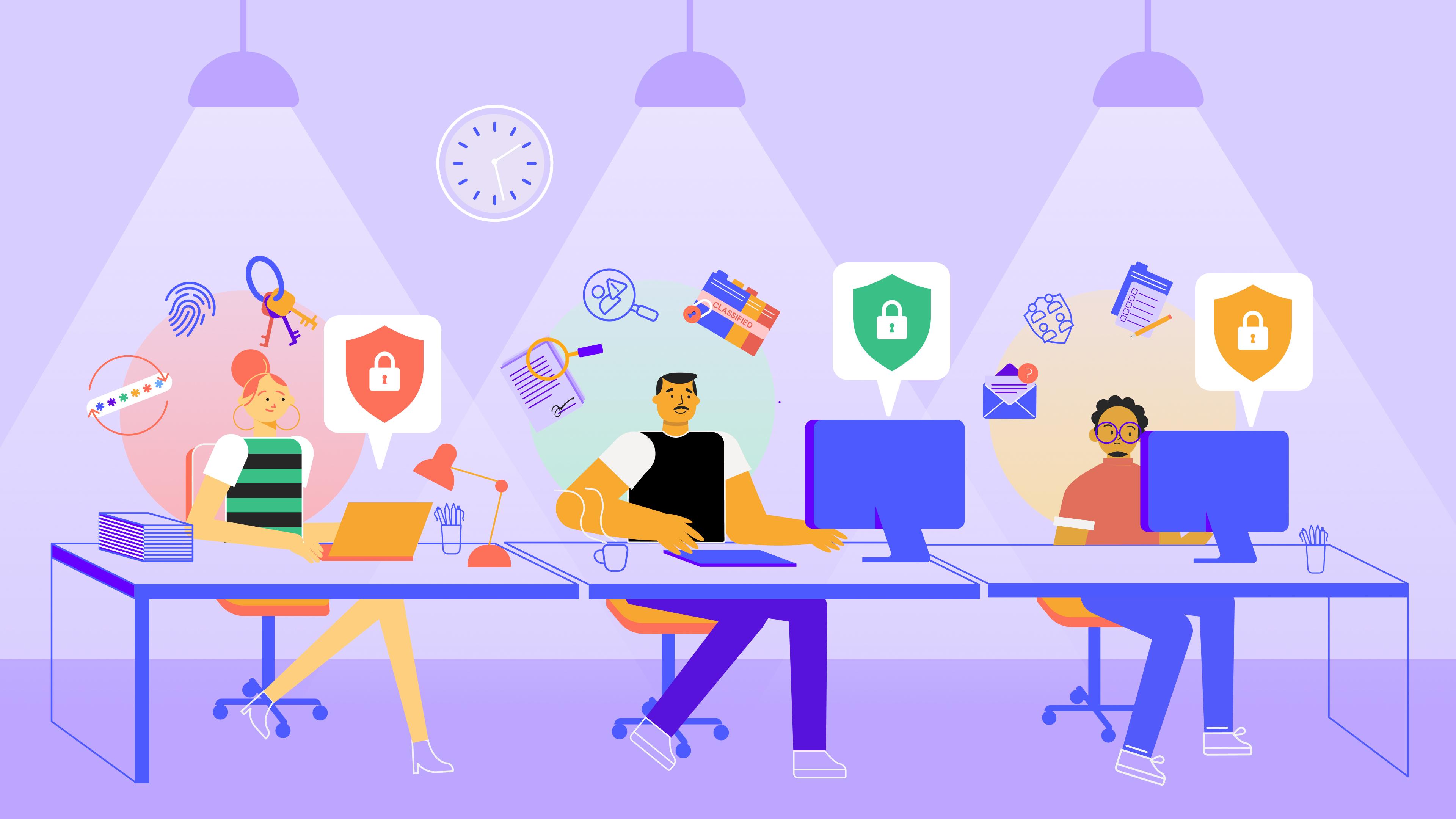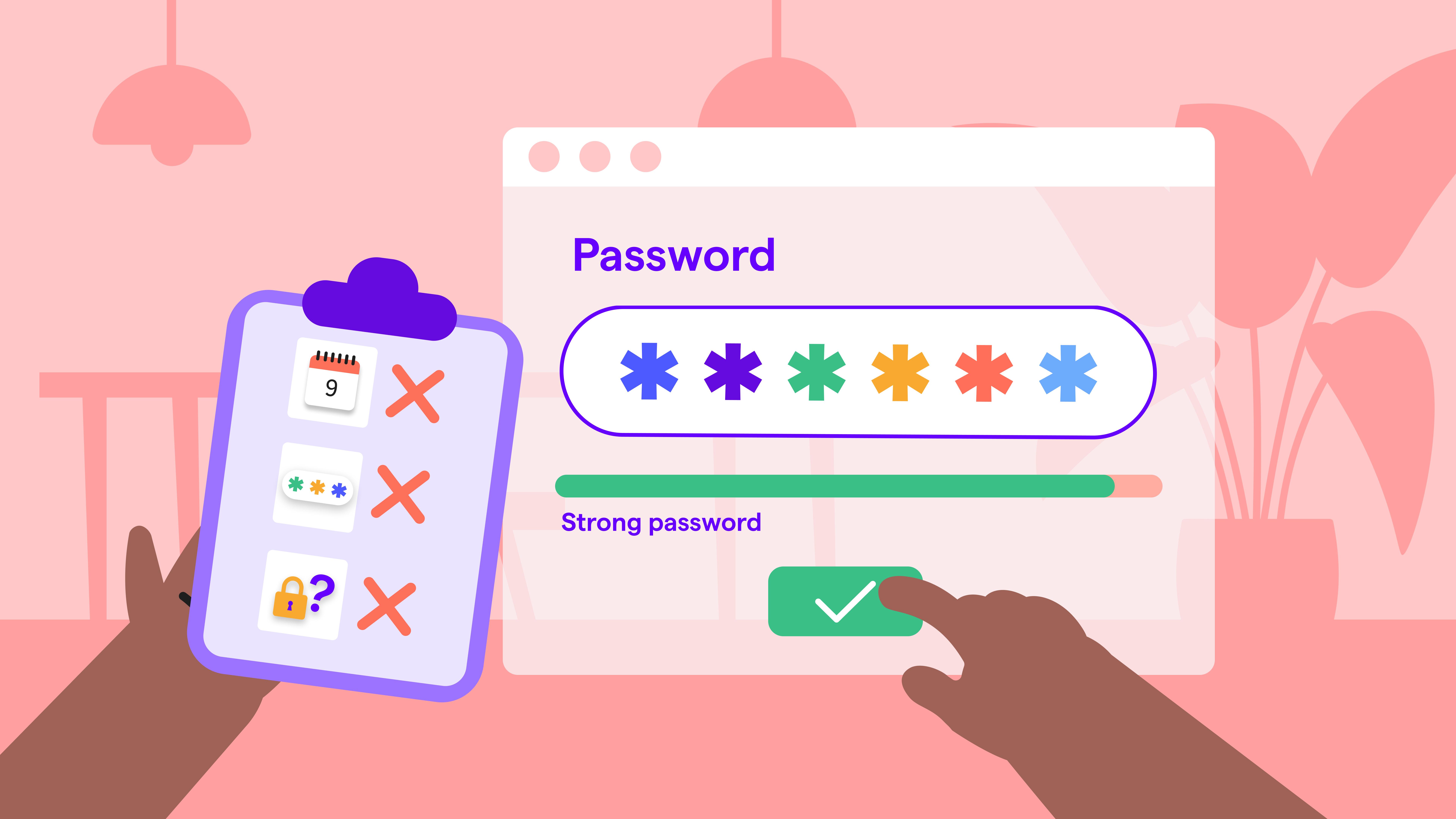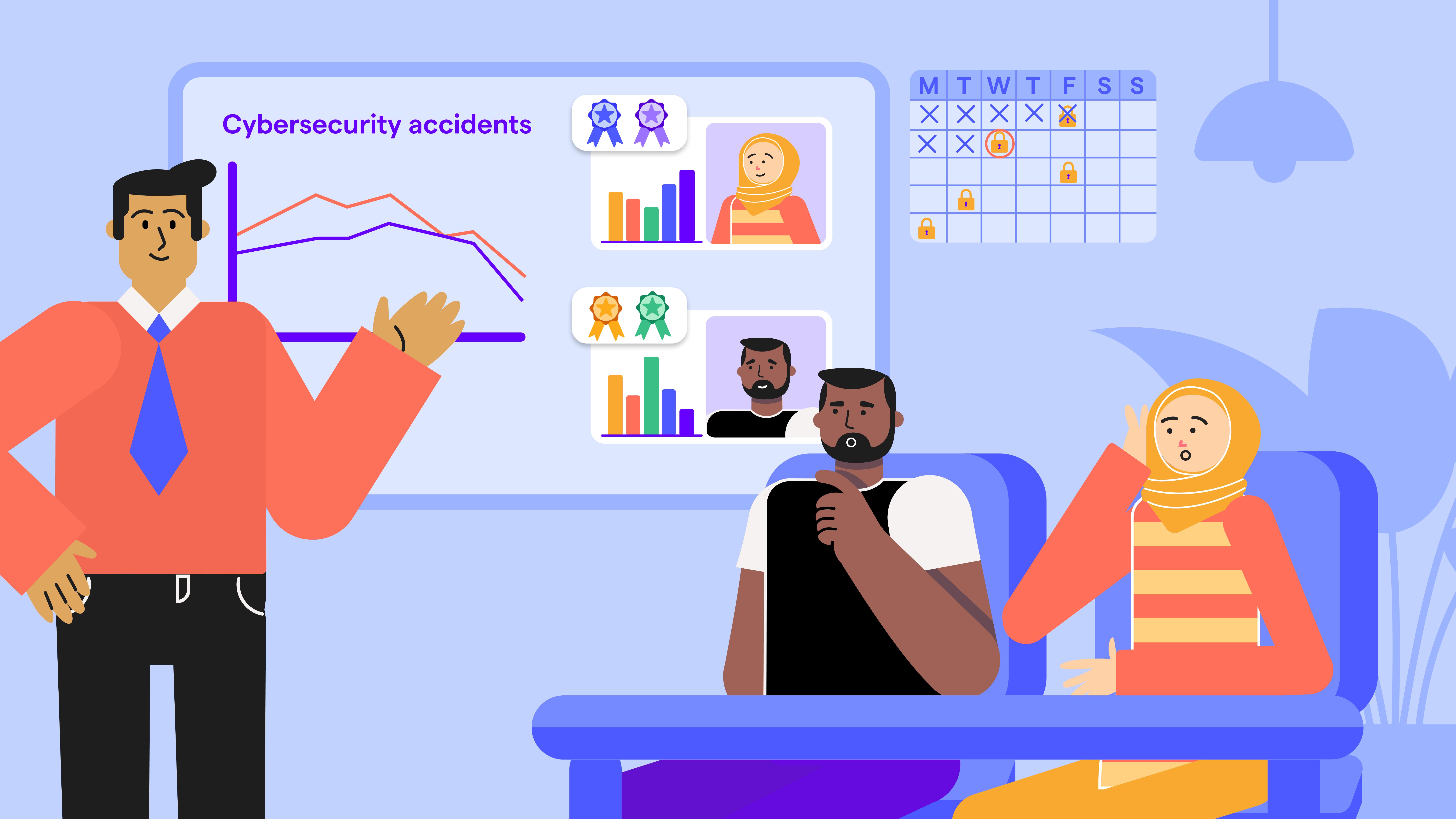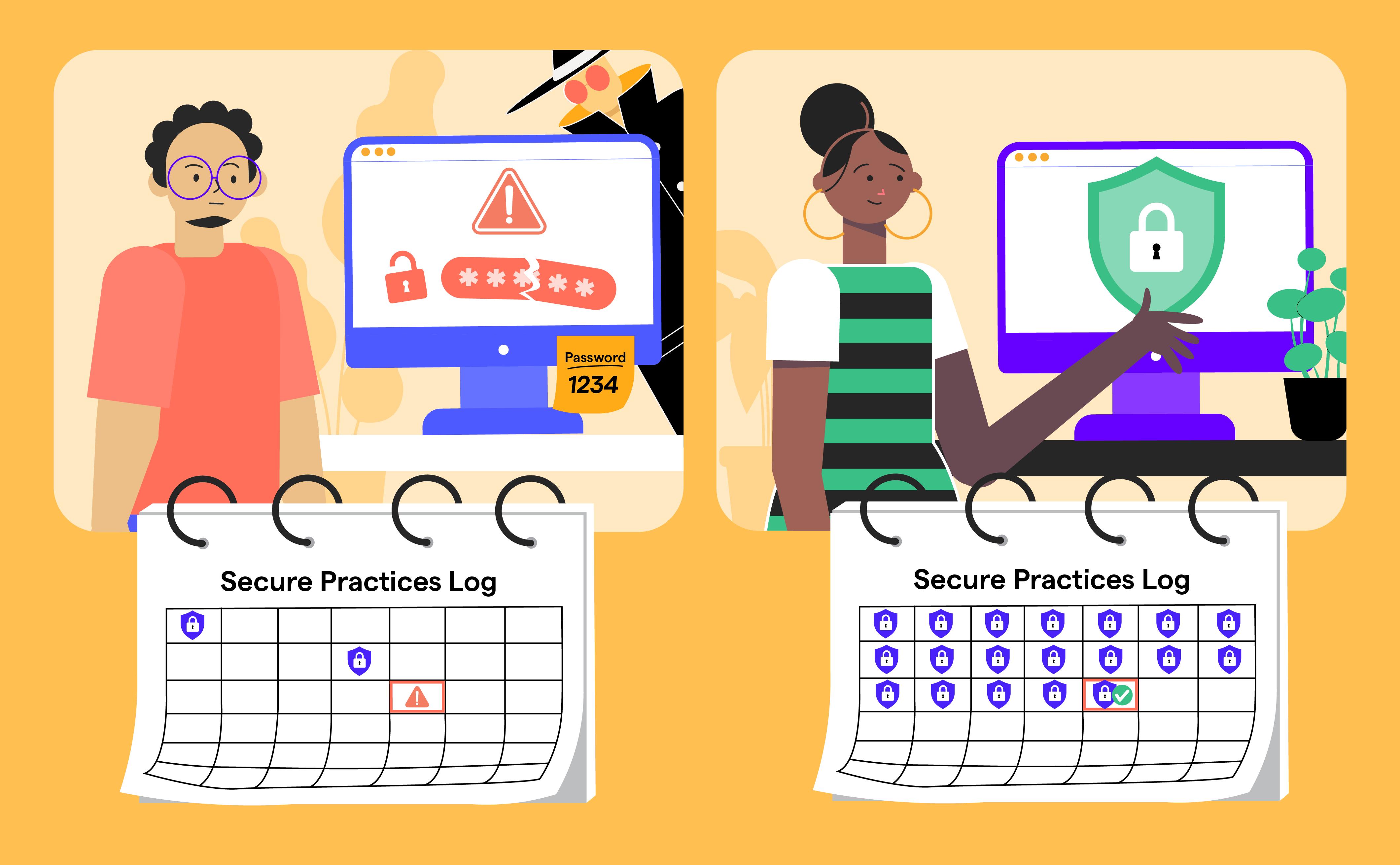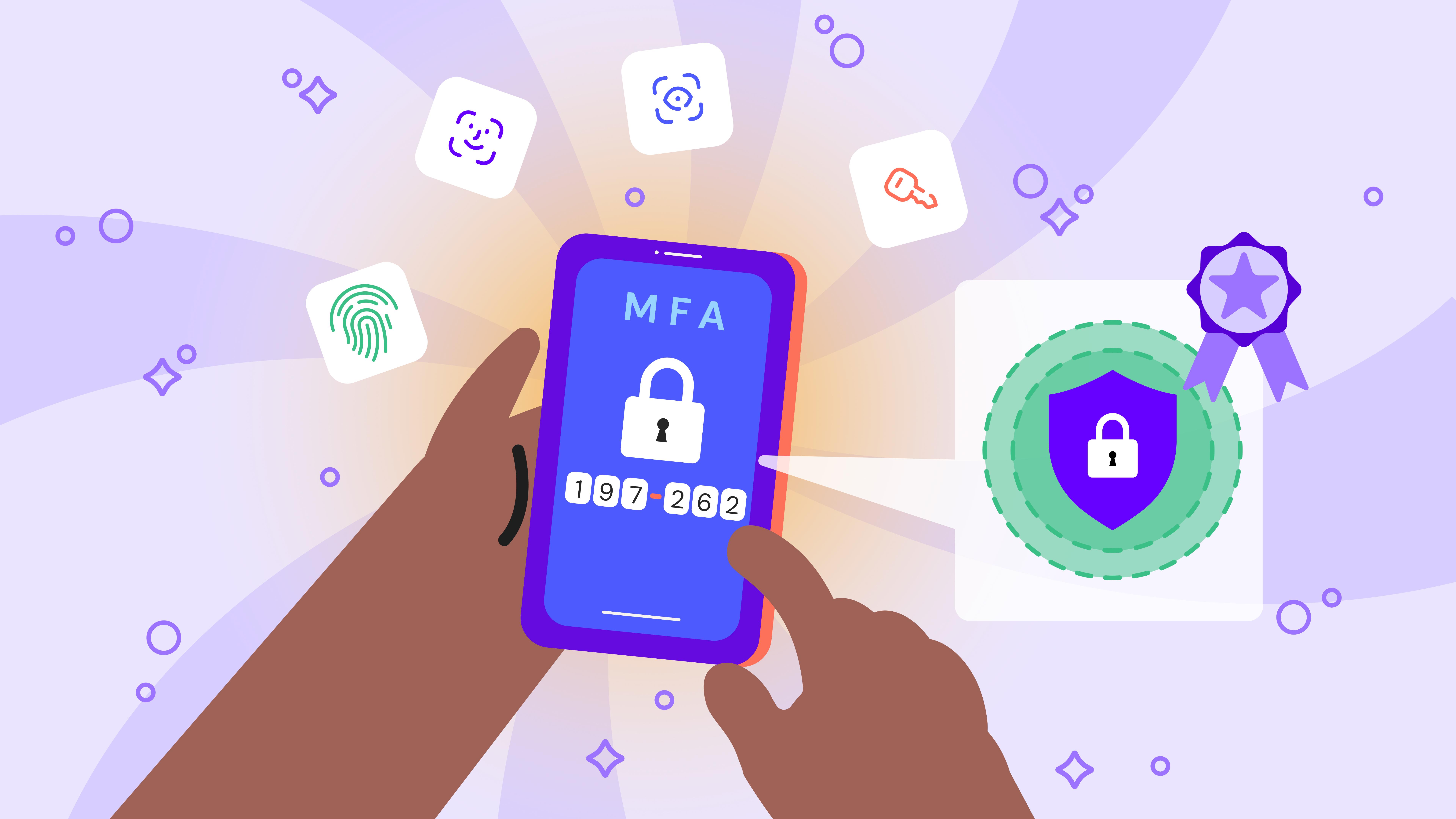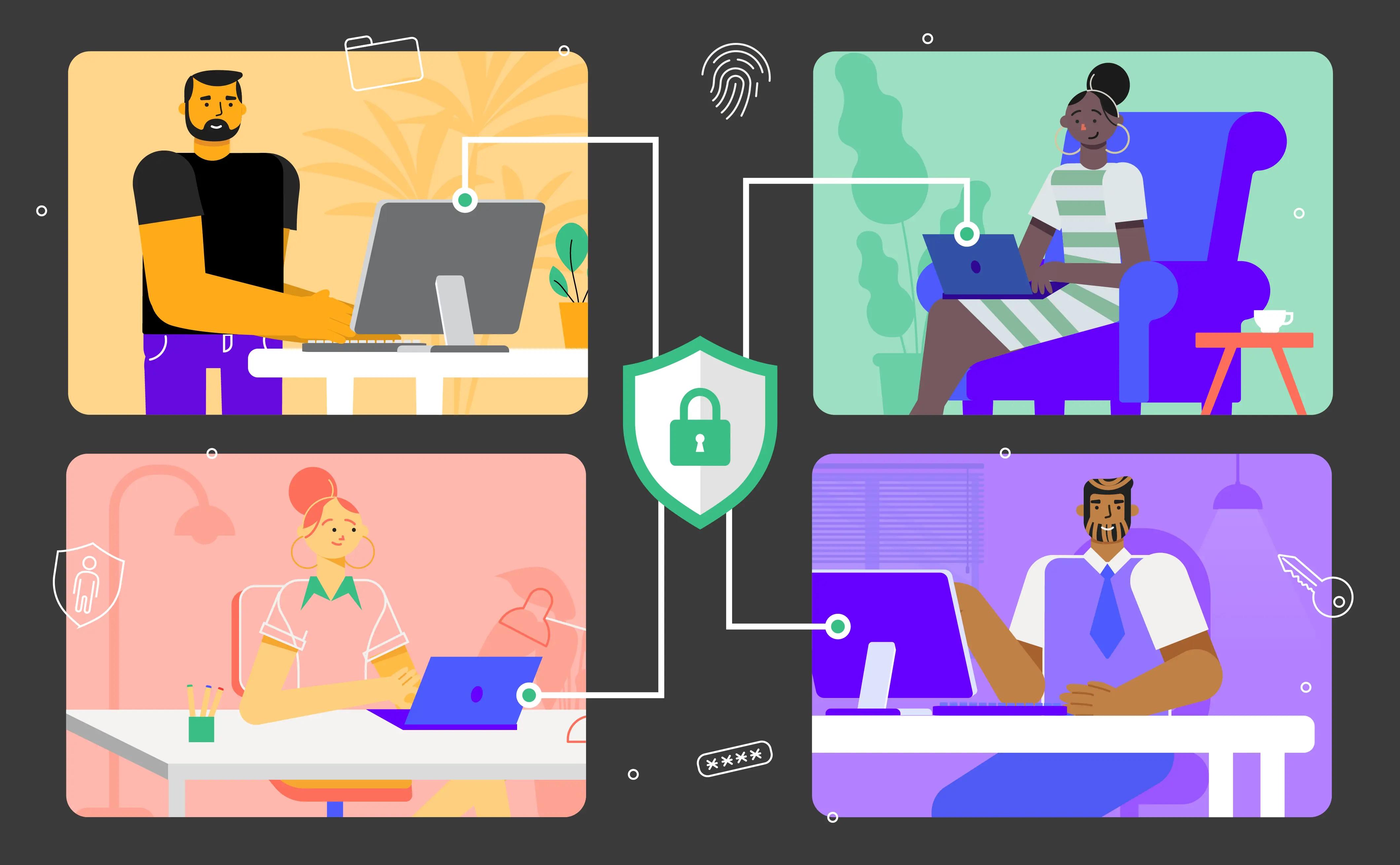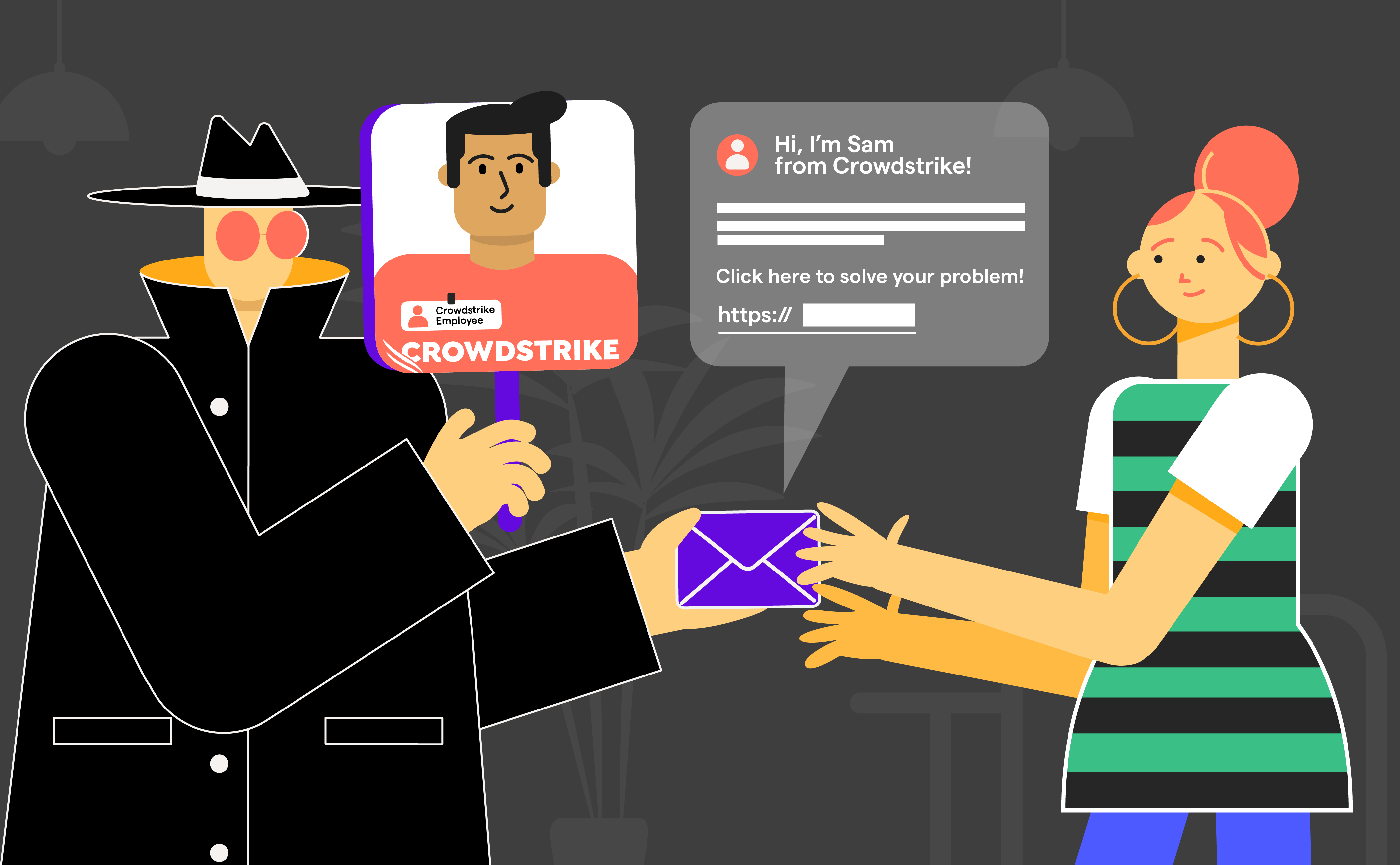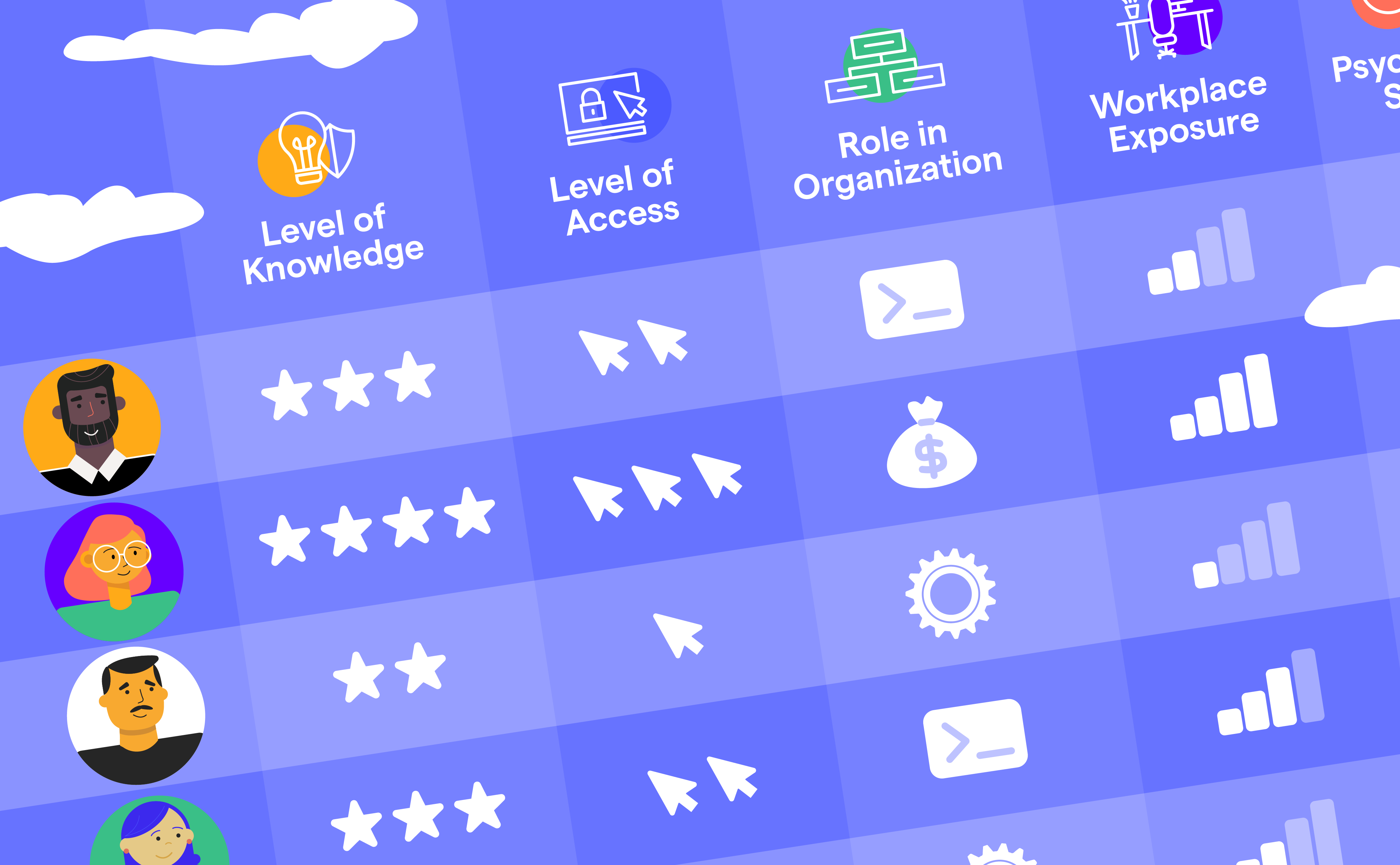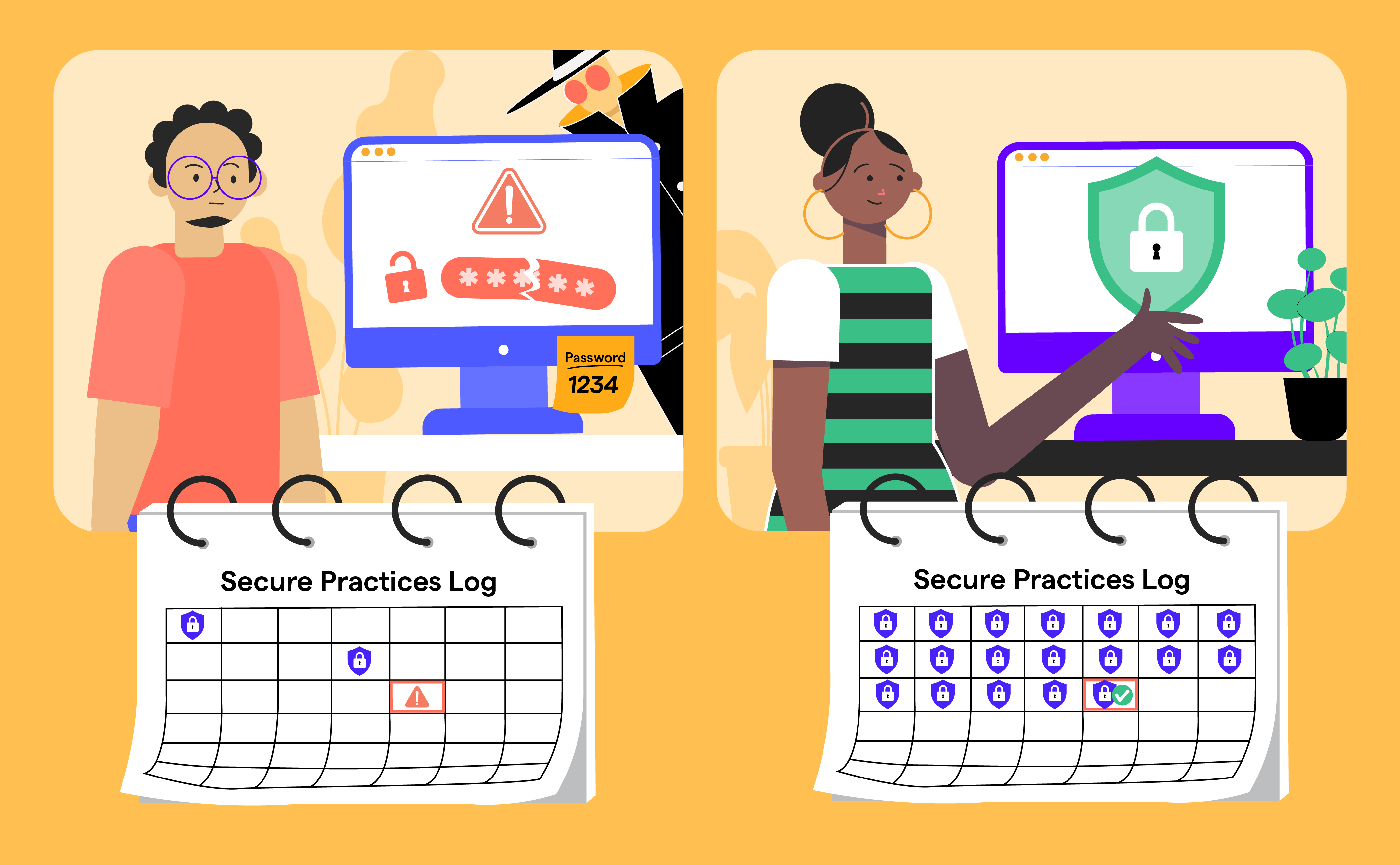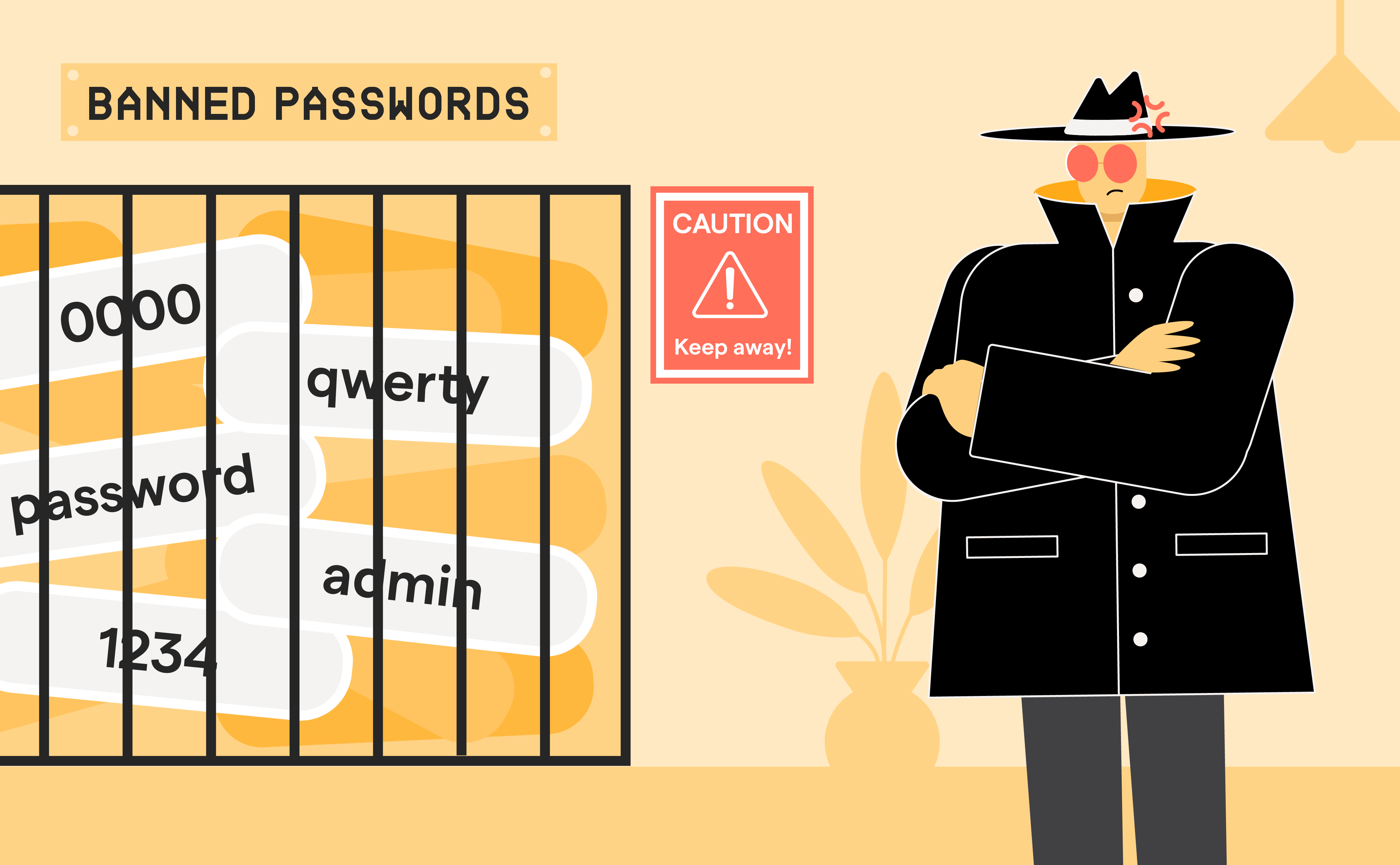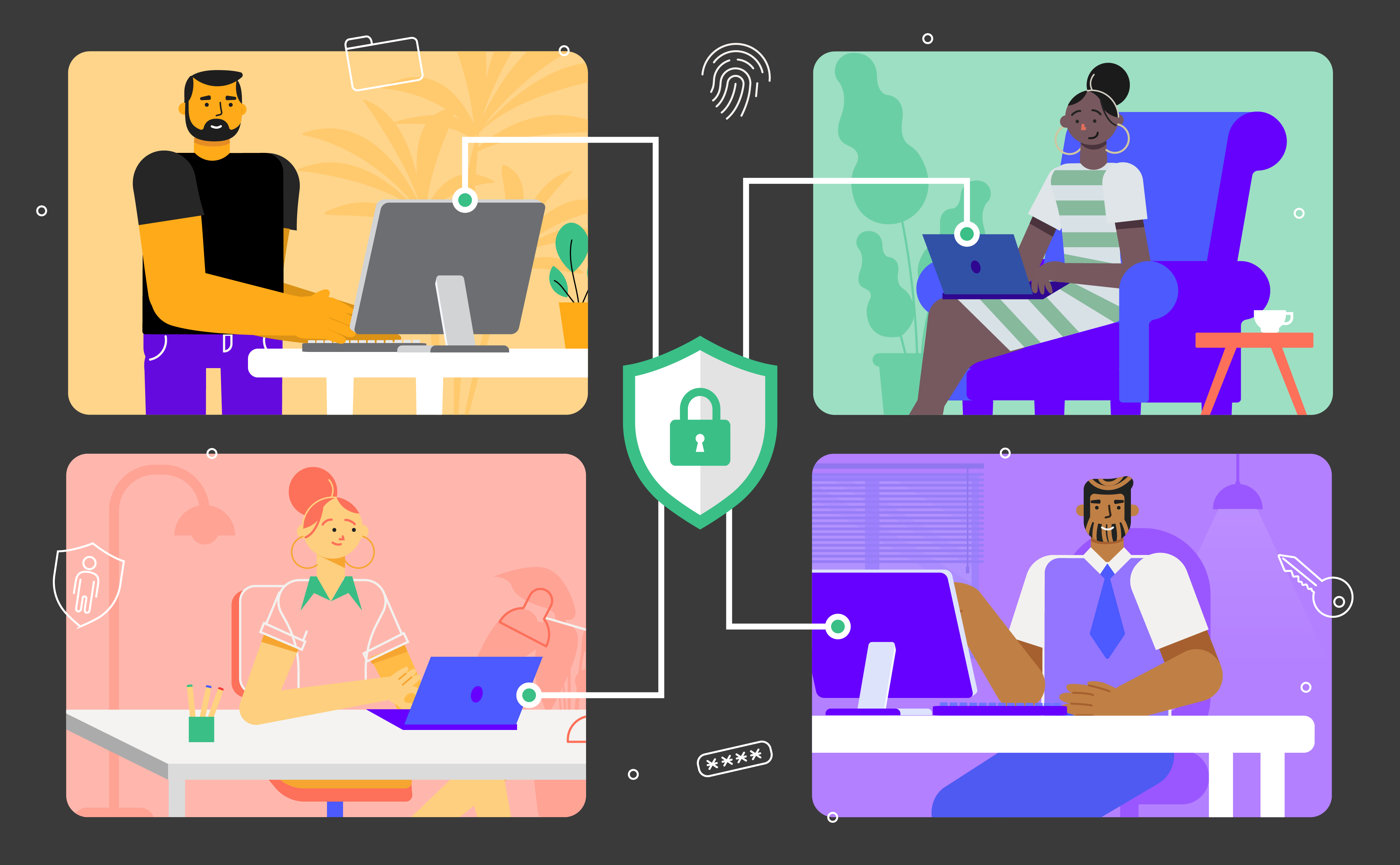
Cybersecurity Awareness Training for Remote Workforces
Oct 25

Discover OutThink's Adaptive Security Awareness Training
Addressing Unique Cybersecurity Risks in Hybrid and Remote Environments
In today’s evolving work landscape, remote and hybrid work setups have become the norm. While these flexible working models offer many benefits, they also present unique cybersecurity challenges. As we continue Cybersecurity Awareness Month 2024, it’s essential to explore how organizations can maintain security awareness for remote workers and protect sensitive information in decentralized environments.
Challenges in Securing Remote and Hybrid Workforces
When employees work from various locations, they often operate outside the secure boundaries of the office network. Remote workers may rely on unsecured networks, personal devices, and unfamiliar software, all of which increase vulnerability to cyber threats like phishing, ransomware, and unauthorized access.
Remote workers have been shown to face heightened risks of phishing attacks, as they are often working outside secured office environments. In 2022, according to Lookout’s Global State of Mobile Phishing Report, there was a 30% increase in phishing attacks targeting remote and hybrid workforces, underscoring the need for robust security measures. Additionally, remote work can lead to a disconnected security culture, where employees feel isolated from regular training and updates, making them more susceptible to risky behaviors.
How OutThink Addresses Cybersecurity for Remote Workforces
OutThink’s Human Risk Management platform's Adaptive Security Awareness Training offers flexible and customizable training paths designed specifically to address the unique risks faced by remote and hybrid employees:
- Personalized training & learning paths: OutThink’s platform provides role-specific training that caters to each employee’s unique work setup. Whether remote, hybrid, or in-office, employees receive customized security awareness training relevant to their day-to-day activities.
- Phishing simulations & reporting: Remote workers are particularly vulnerable to phishing attacks. OutThink’s platform enables organizations to run targeted phishing simulations for remote employees, helping them recognize and respond to suspicious emails. The platform also fosters a culture of vigilance by encouraging employees to report threats in real time.
- Secure device and network use: OutThink’s training includes modules on securing personal devices, understanding VPNs, and recognizing the dangers of public Wi-Fi networks. This ensures employees working outside the office know how to protect company data, even on unsecure networks.
Building a First-Class Remote Cybersecurity Culture
One of the biggest challenges in remote work is maintaining a strong cybersecurity culture. OutThink’s adaptive security awareness training supports continuous learning through regular updates, interactive modules, and virtual check-ins, ensuring that remote workers remain engaged and aware of new security protocols, no matter where they’re located.
Adapting to the Future of Work
OutThink’s customizable training paths ensure that organizations can adapt their security strategies to fit the realities of modern work environments. By focusing on behavioral insights, the platform allows security teams to target specific vulnerabilities unique to remote workers, empowering employees to become proactive champions of organizational security.
Learn more about OutThink’s Human Risk Management platform here and discover how it supports human-centric cybersecurity for remote and hybrid teams.




